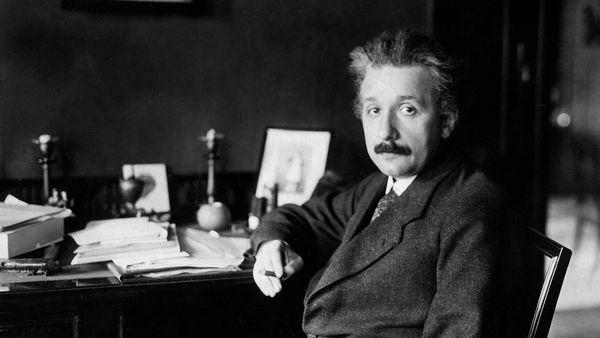In 2001, Google turned over the code to Amit Singhal, who had come to the company from AT&T Labs only a year before. Singhal rewrote the algorithm so that the Google search engine could incorporate additional ranking criteria more easily.
The Google search engine is being tweaked constantly . For example, in 2007, the company introduced universal search — the ability to get links to any medium on the same results page. All told, Google owns hundreds of patents related to the mathematical processes used to generate more effective search results.
Another example is Google Images: Images are now an important part of search engines, but once upon a time, they were not. Google launched Google Images in 2000 after Jennifer Lopez wore a low-cut Versace dress that essentially broke the internet. When the Search team saw that there was no direct way for users to find the picture, it created Google Images.
Expanding Beyond Web Search
Then there's the non-search-engine side of Google — things like Gmail, Google Maps, Google Docs and Google Analytics. These Google services came from a team of engineers. Not all of their ideas pan out, but a few, like Google News, the brainchild of Google Chief Scientist Krishna Bharat, are home runs.
So, when thinking about the invention of Google, it's helpful to consider a two-part answer. The inventor of the Google search engine was Larry Page, with a key assist by Sergey Brin. But the multifaceted, multinational company we know today is the product of a team of brilliant engineers.
Of course, every idea eventually must make it past Page and Brin, the geek gods who have built one of the most successful technology brands — and one of the most compelling mythologies — in the history of business.
The Investor and the Inventor
It takes more than a great idea to start a company — you also need cash and lots of it. Larry Page and Sergey Brin had trouble finding investors when they first started to raise capital to launch their brand-new search engine. Then they had the good fortune of meeting Andy Bechtolsheim, a founder of Sun Microsystems, who wrote a check for $100,000 to "Google, Inc."
With nowhere to deposit the money, Page and Brin incorporated, anxiously waiting two weeks until the seed money could be placed in the bank. The rest, as they say, is internet history.



